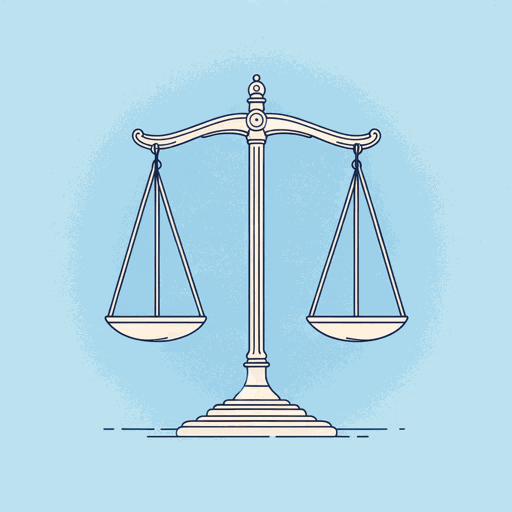53 pages • 1 hour read
Jon MeachamThe Soul of America: The Battle for Our Better Angels
Nonfiction | Book | Adult | Published in 2018A modern alternative to SparkNotes and CliffsNotes, SuperSummary offers high-quality Study Guides with detailed chapter summaries and analysis of major themes, characters, and more.
Symbols & Motifs
The Soul of America
To Meacham, the soul represents not so much a religious or spiritual entity but “an immanent collection of convictions, dispositions, and sensitivities that shape character” (6). When extended to a nation like America, it represents those same convictions and dispositions held by millions of Americans. At times, a workable consensus exists based on attitudes shared by a majority of Americans. Other times, however, the soul of America is deeply divided, and it is on these eras—Reconstruction, the Great Depression, the civil rights era, and the Trump era—that Meacham focuses. This is why, as he puts it, “The message of Martin Luther King, Jr.—that we should be judged on the content of our character, not on the color of our skin—dwells in the American soul; so does the menace of the Ku Klux Klan” (7).
The Lost Cause of the Confederacy
The Lost Cause of the Confederacy—the pseudo-historical notion that states’ rights, not slavery, caused the Civil War—is a very real concept that Meacham often explores in very concrete terms. Yet it also exists as a symbolic construct, as Meacham weaves his entire narrative around it. The humiliation that leads to resentment that leads to entitlement that the Lost Cause narrative wrought in the South is something Meacham senses across all movements driven by fear, from the Scopes Trial of 1925 to the hysteria of the McCarthy era.
Related Titles
By Jon Meacham





